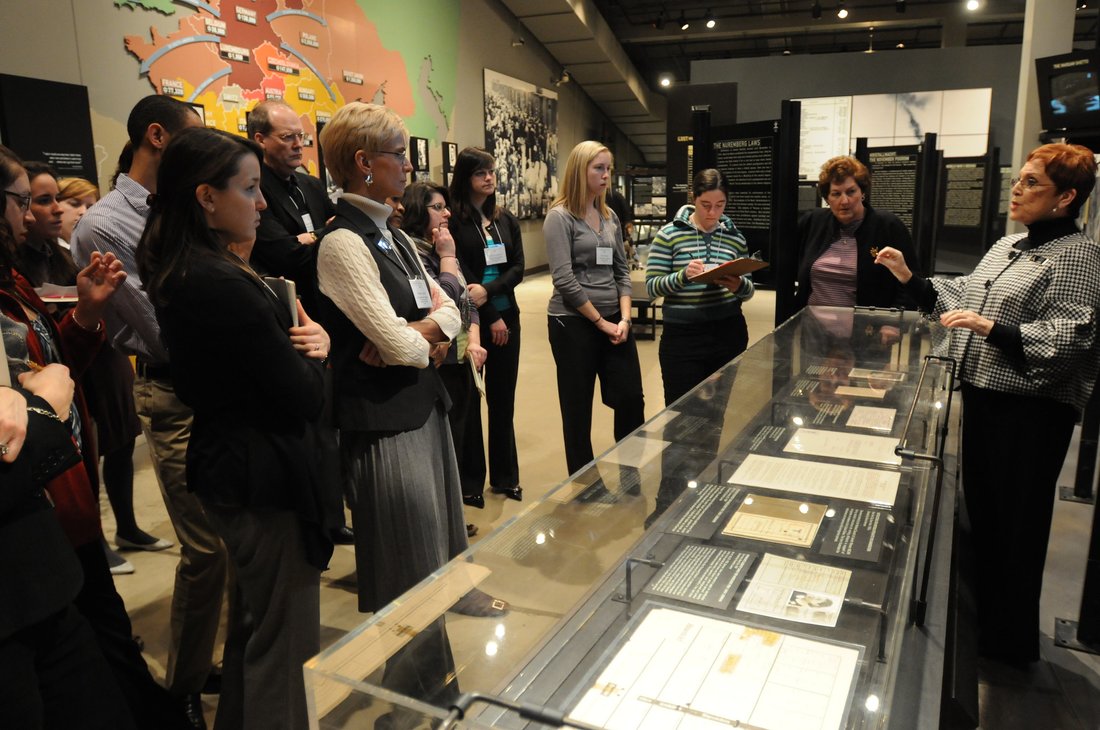
College of Arts and Sciences

School of Education
Curriculum
Science education majors also major in one of four science areas: biology, chemistry, Earth science or physics, providing a foundation of scientific knowledge and lab experience.
Science education students focusing on biology, chemistry or Earth science can choose either a B.S. or B.A. degree program, reflected in your chosen science area major. The B.S. degree includes additional lab science coursework. Earth science students will take a B.A. degree program.
Courses on the history of schooling, principles of inclusive classrooms, literacy across the curriculum and methods for teaching the sciences and problem-solving.
Introductory courses in a range of liberal arts areas give you broad perspectives on the world and human experience.
Field placements in local schools and community organizations include a full-time, multiweek student teaching experience in the spring of your senior year.
Extracurricular Opportunities
Experience the World
Take part in School of Education short-term study abroad trips or semester programs around the world. School of Education students are eligible for exclusive funding to support study abroad experiences.

Kappa Delta Pi
Join the student-led Alpha Delta Iota chapter of Kappa Delta Pi, the international honor society in education for professional development, fellowship and service opportunities.

Spector/Warren Fellowship
This fellowship brings students interested in education to the Holocaust Museum Houston each year, where they learn from experts, firsthand accounts and survivors, gaining the tools to integrate the lessons on the Holocaust and human rights into any classroom subject.

Learn more about this program

